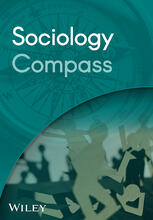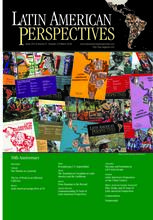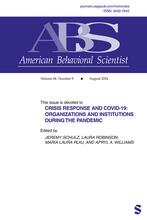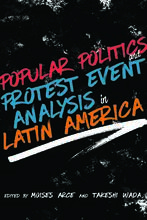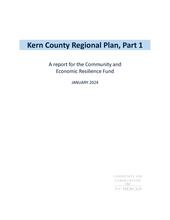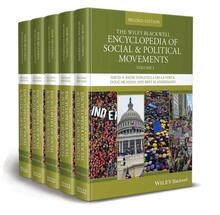Scientific research on the mechanisms to address global warming and its consequences continues to proliferate in the context of an accelerating climate emergency. The concept of climate action includes multiple meanings, and several types of actors employ its use to manage the crisis. The term has evolved to incorporate many of the suggested strategies to combat global warming offered by international bodies, states, nongovernmental organizations, the private sector, and social movements. The present work offers a classification scheme to build a shared understanding of climate action through a lens of environmental justice and just transitions developed by sociologists and others. The classification system includes major institutional and noninstitutional forms of climate action. By identifying the primary forms of climate action, analysts, scholars, policymakers, and activists can better determine levels of success and how different forms of climate action may or may not complement one another in the search for equitable solutions in turning back the rapid heating of the planet.
Publications
2024
2023
To make greater strides in reducing city-level greenhouse gas emissions, more collaboration between civil society and local governments is necessary. Participation in local meetings about climate change sets the stage for enduring community involvement in resiliency and mitigation planning. This study examines the correlates of individual interest in attending local climate meetings. The work is based on a random sample of 1,950 registered voters in Fresno, California (the fifth largest city in the state). The findings suggest that those individuals with ties to capacity-building organizations in the labor and community sectors were the most willing to attend local meetings about climate change. The types of civic engagement activities encouraged by labor unions and community-based organizations (CBOs) were also associated with a greater willingness to participate in gatherings about global warming. Increasing public participation in local climate programs may be enhanced by investing in the types of civic organizations that specialize in mobilizing residents to engage in municipal activities.

